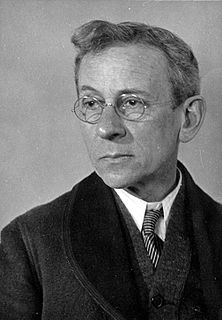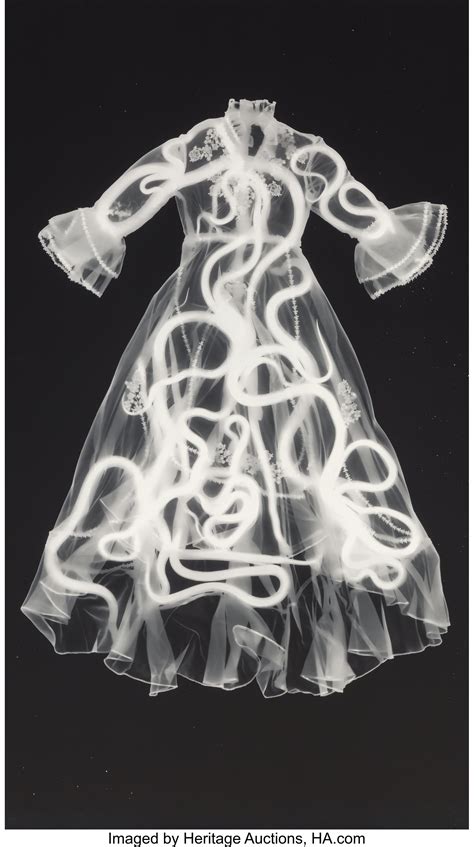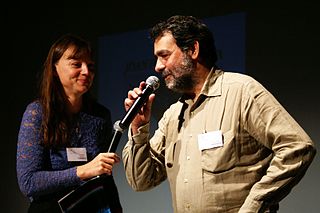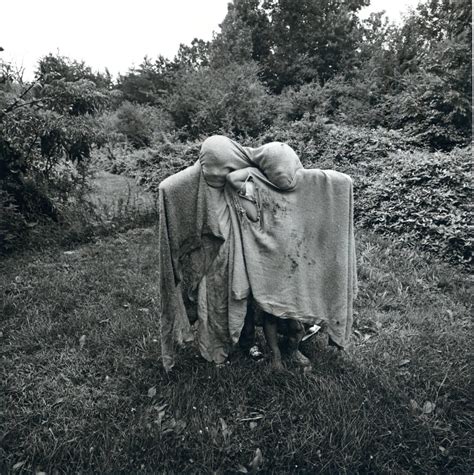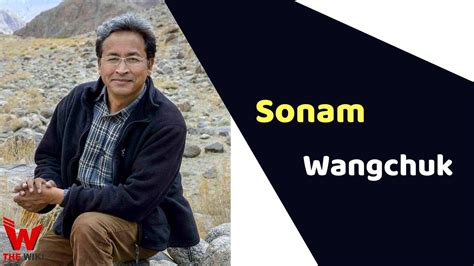A Quote by Lewis Hine
Photography is an empathy towards the world.
Quote Topics
Related Quotes
I was attracted to photography because it was technical, full of gadgets, and I was obsessed with science. But at some point around fifteen or sixteen, I had a sense that photography could provide a bridge from the world of science to the world of art, or image. Photography was a means of crossing into a new place I didn't know.
Photography mirrored the [nineteenth century] will towards rigor, towards defining details, the need for miniscule description, the long-distance optics, for technology at the service of truth, for concepts of credibility, of objectivity, the need to archive, for the consolidation of institutions like the museum, in short, towards a need to control memory.
Photography really is all about lines, and so is clothing. I worked for Oberto Gili for a couple of years after I was at ICP; we worked in fashion, travel, interior design, everything. I was inspired by his styling choices within fashion photography, and I think those experiences helped steer me towards fashion design. I love photography as a medium, so I think I will always take inspiration from it.
For the most part, people use "empathy" to mean everything good. For instance, many medical schools have courses in empathy. But if you look at what they mean, they just want medical students to be nicer to their patients, to listen to them, to respect them, to understand them. What's not to like? If they were really teaching empathy, then I'd say there is a world of problems there.
Orson Welles was a force of nature, who just came in and wiped the slate clean. And Citizen Kane is the greatest risk-taking of all time in film. I don’t think anything had even seen anything quite like it. The photography was also unlike anything we’d seen. The odd coldness of the filmmaker towards the character reflects his own egomania and power, and yet a powerful empathy for all of them--it’s very interesting. It still holds up, and it’s still shocking. It takes storytelling and throws it up in the air.
